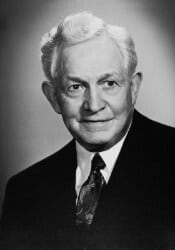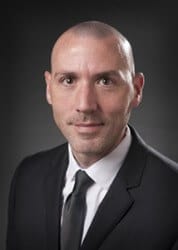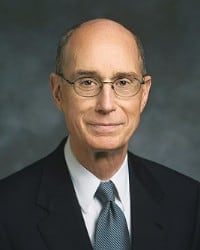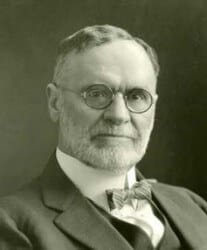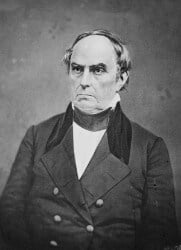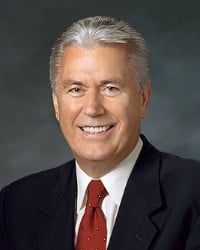At some point, God will ask you to sacrifice on his altar, not only your stories about your own life, but your version of his stories as well. Your softly lit watercolor felt-board version of scripture stories and church history must, like all your stories, be abandoned at his feet, and the messy, vibrant, and inconvenient truths that characterize God’s real work with real people will have to take center stage. If they don’t, then how will God’s work in your hungry messy, and inconvenient life ever do the same?
When God knocks, don’t creep to the door and look through the peephole to see if he looks like you thought he would. Rush to the door and throw it open.
Adam S. Miller
| Letters to a Young Mormon By Adam Miller
Topics: Becoming like God, Nature of God, Sacrifice, Truth

